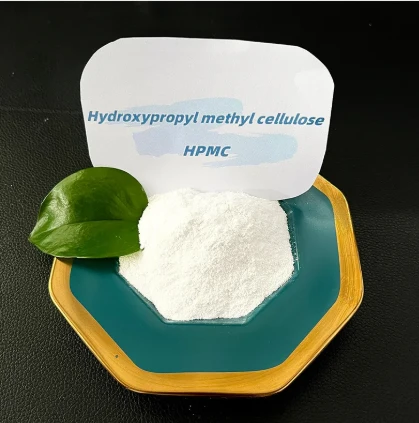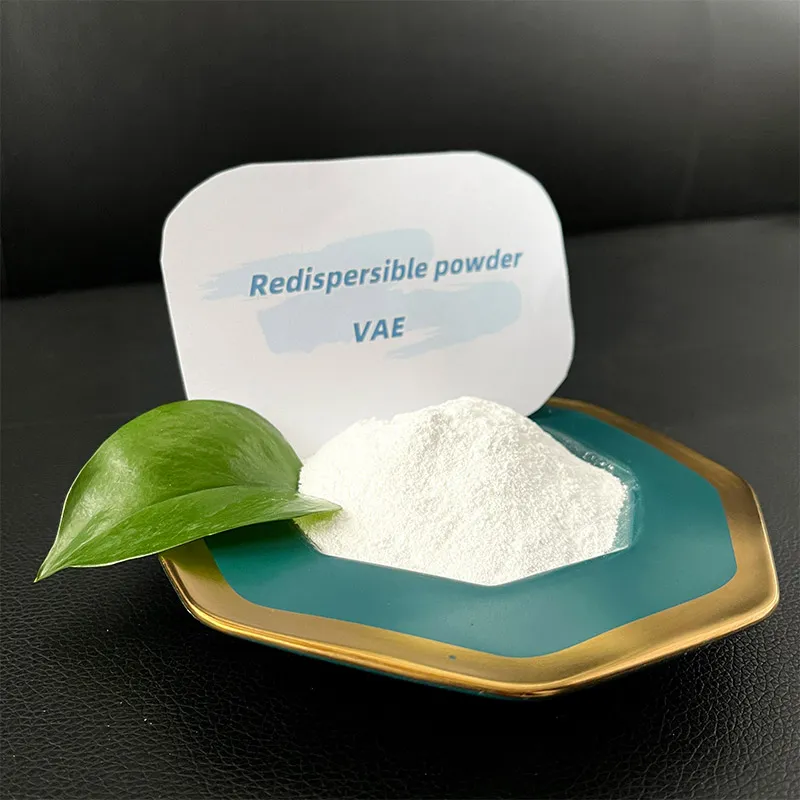
-

Add: HeBei ShengShi HongBang Cellulose Technology CO.,LTD.
-

Email
13180486930@163.com -

CONTACT US
+86 13180486930

Polypropylene Fiber Price per kg Industrial-Grade
- Global cost trends for polypropylene fiber
- Technical specifications driving pricing
- Regional manufacturer price analysis
- Customization options and cost factors
- Industry-specific pricing variations
- Technical innovation vs cost implications
- Future price forecasting strategies

(costo de fibra de polipropileno por kg.)
Understanding the cost of polypropylene fiber per kg
The global market for polypropylene fiber currently averages between $2.20 and $3.80 per kilogram, with prices fluctuating based on crude oil derivatives which constitute 60-70% of production costs. Recent supply chain analysis shows Asian manufacturers offering the most competitive rates due to vertically integrated production facilities, while European producers command 12-18% premiums for quality certifications. Volatility in propylene monomer costs directly impacts final pricing, with historical data indicating 7-14% quarterly variations.
Technical Specifications Impacting Fiber Economics
Fiber denier remains the primary cost determinant - 6-denier filament costs $2.45/kg versus $3.75/kg for specialized 1.5-denier microfibers. UV-stabilized variants add 22-30% to base pricing while antimicrobial treatments increase costs by 35-42%. High-tenacity fibers designed for industrial applications typically sell at 25% premiums. Production efficiency breakthroughs have reduced manufacturing costs by approximately 18% since 2020 through improved catalyst systems and energy recovery processes.
Manufacturer Pricing Comparison
| Manufacturer | Standard Grade ($/kg) | Custom Compound ($/kg) | MOQ (tons) |
|---|---|---|---|
| Reliance Industries | 2.25 | 2.85-3.40 | 15 |
| Sinopec Group | 2.15 | 2.75-3.25 | 20 |
| LyondellBasell | 2.80 | 3.40-4.10 | 8 |
| SABIC | 2.95 | 3.55-4.25 | 10 |
Customization Cost Factors
Color masterbatch integration adds $0.25-0.40/kg while flame-retardant formulations increase costs by $0.85-1.20/kg. Custom cut-length fibers incur 12-18% processing surcharges. Conductive fiber variants with carbon nanotube infusion command $6.25-8.50/kg pricing tiers. Minimum order quantities substantially affect rates - orders below 5 tons typically include 22% logistical premiums. Specialized polymer blending for high-alkali resistance requires $3,200-$4,500 tooling fees.
Application-Specific Pricing Variations
Construction-grade fibers for concrete reinforcement average $2.30/kg due to standardized specifications, whereas medical-implant compatible fibers reach $22-38/kg after sterilization validation. Automotive textile applications range from $3.25/kg (carpet backing) to $8.75/kg (airbag fibers). Geotextile formulations occupy the $2.10-2.65/kg range, with higher denier products at the lower end. Recent data indicates filtration applications driving premium pricing, especially for 0.8-1.2 micron fibers averaging $6.20/kg.
Technical Innovation Cost Analysis
Bicomponent fiber production increases manufacturing costs by 40% but delivers 300% markup potential in specialty markets. Nanofiber production via electrospinning currently costs $48-65/kg due to production speed limitations. Pilot-phase enzymatic recycling reduces virgin material costs by 28% but requires $2M+ facility investments. Industry benchmarks indicate R&D expenditures of 5.2-7.8% of revenue for market leaders, significantly impacting short-term pricing strategies.
Forecasting the cost of polypropylene fiber per kg
Leading industry analysts project 4-6% annual price escalation through 2026 due to carbon credit compliance costs. Sustainable production methods could add near-term premiums of 15-20% before achieving price parity by 2028. Geopolitical factors create regional differentials - North American prices may rise 8-12% if feedstock export restrictions continue. Production efficiency improvements may offset 30-40% of anticipated crude oil volatility impacts. Bulk purchasing contracts including price adjustment clauses provide optimal stability.

(costo de fibra de polipropileno por kg.)
FAQS on costo de fibra de polipropileno por kg.
Q: What is the current cost of polypropylene fiber per kg?
A: The current cost of polypropylene fiber per kg typically ranges between $1.50 to $2.50 USD in global markets. Prices fluctuate based on oil prices and regional demand. Suppliers often offer discounts for bulk purchases.
Q: Which factors influence the cost of polypropylene fiber?
A: Key factors include crude oil prices (as PP is petroleum-derived), manufacturing complexity, and logistics. Market demand shifts and environmental regulations can also cause price variations. Bulk order volumes may reduce unit costs significantly.
Q: How does polypropylene fiber pricing compare to alternative materials?
A: Polypropylene fiber is generally cheaper than materials like nylon or aramid fibers. It offers a cost-effective balance of durability and chemical resistance. This makes it popular for industrial and construction applications.
Q: Is bulk pricing available for polypropylene fiber purchases?
A: Yes, bulk orders (e.g., 500+ kg) usually lower the price per kg. Suppliers may reduce costs by 5-20% for large-volume contracts. Always negotiate directly with manufacturers for optimal rates.
Q: Where can I find reliable polypropylene fiber cost data?
A: Check commodity platforms like Alibaba, Global Sources, or industry reports from Grand View Research. Contacting regional polymer suppliers directly ensures up-to-date quotes. Monthly market trend analyses also aid budget planning.
-
Why HPMC for Sale Is EssentialNewsJun.05,2025
-
The Role of Retarder in GypsumNewsJun.05,2025
-
Redispersible Emulsion PowderNewsJun.05,2025
-
Fibre Made from Wood PulpNewsJun.05,2025
-
Exploring the Rubber Powder Production LineNewsJun.05,2025
-
Exploring Polyolefin FiberNewsJun.05,2025
-
Re Dispersible Polymer PowderNewsJun.03,2025











